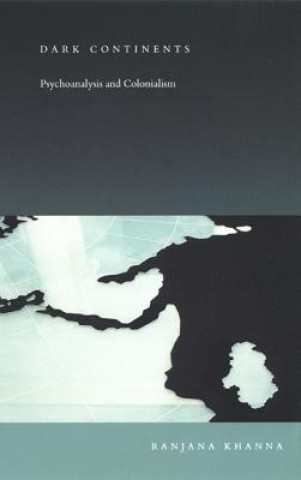
Code: 04937749
Dark Continents
by Ranjana Khanna
"Dark Continents" argues that psychoanalysis is a colonial discipline that paradoxically provides crucial tools for critiques of postcolonialism and neocolonialism. Ranjana Khanna reveals how the concept of the self that emerged i ... more
- Language:
 English
English - Binding: Paperback
- Number of pages: 328
Publisher: Duke University Press, 2003
- More about this

You might also like
-

Machine Learning in Bioinformatics
162.96 € -

Women on the Defensive
27.59 € -29 % -

Berggruen Collection
13.74 € -

Cristobal de Morales
168.72 € -

Critical Pedagogy in Uncertain Times
30.52 € -19 % -

Greeks
39.92 €
Give this book as a present today
- Order book and choose Gift Order.
- We will send you book gift voucher at once. You can give it out to anyone.
- Book will be send to donee, nothing more to care about.
More about Dark Continents
You get 88 loyalty points
 Book synopsis
Book synopsis
"Dark Continents" argues that psychoanalysis is a colonial discipline that paradoxically provides crucial tools for critiques of postcolonialism and neocolonialism. Ranjana Khanna reveals how the concept of the self that emerged in psychoanalytic theory, even in its many post-Freudian variations, developed in relation to the concept of the European nation-state. She contends that understanding colonialism's role in the formation of psychoanalysis enables the insight that the nation-state was constituted through the colonial relation and, indeed, must be radically reshaped if it is to survive without colonies. She shows how psychoanalysis helps to explain the melancholia imperialism created among both colonizers and the colonized. Positing that issues of ethics and feminism ultimately lie at the heart of the connections between colonialism and psychoanalysis, Khanna assesses the merits of various models of nationalism, psychoanalysis, and colonialism for a transnational feminist ethics. Khanna traces the development and deployment of psychoanalysis-particularly its relationship to colonial projects-from its beginnings in the late nineteenth century up to the present. Illuminating Freud's debt to the languages of archaeology and anthropology alongside the development of his career, the collapse of the Habsburg empire, and the Nazi occupation of Vienna, she shows how Freud altered his theories of the ego as his own political status changed. Khanna looks at how psychoanalytic theory was taken up in the metropole and colonies in the period of decolonization following World War II, focusing on its use by a range of writers including Sartre, Octave Mannoni, Aime and Suzanne Cesaire, Rene Menil, Frantz Fanon, and Albert Memmi. She points out that it was through Sartre's and Mannoni's work that the contingency of the European nation-state first came into view. Given the masculinist nature of many of these writers' thought, Khanna focuses on the necessity of a feminist critique of psychoanalytic theory.
 Book details
Book details
Book category Books in English Society & social sciences Psychology Psychological theory & schools of thought
35.17 €
- Full title: Dark Continents
- Subtitle: Psychoanalysis and Colonialism
- Author: Ranjana Khanna
- Language:
 English
English - Binding: Paperback
- Number of pages: 328
- EAN: 9780822330677
- ISBN: 0822330679
- ID: 04937749
- Publisher: Duke University Press
- Weight: 462 g
- Dimensions: 149 × 235 × 25 mm
- Date of publishing: 22. April 2003
Trending among others
-
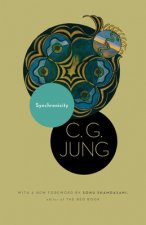
Synchronicity – An Acausal Connecting Principle
14.24 € -

The Empathy Game
15.46 € -14 % -
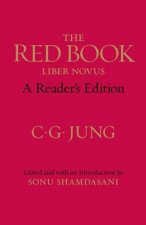
The Red Book – A Reader`s Edition
38.61 € -15 % -
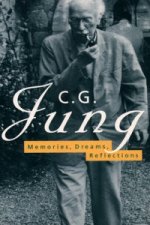
Memories, Dreams, Reflections
13.33 € -10 % -
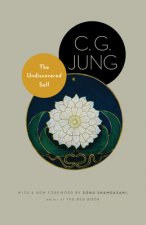
The Undiscovered Self
8.99 € -26 % -
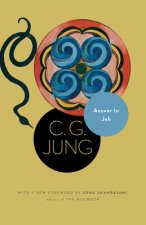
Answer to Job
8.58 € -29 % -
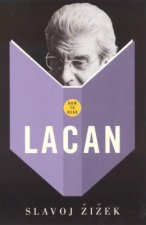
How To Read Lacan
12.83 € -18 % -

Man's Search for Meaning, Gift Edition
22.74 € -15 % -

Red Book
240.91 € -17 % -
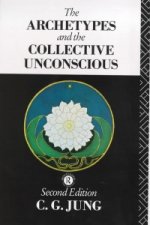
Archetypes and the Collective Unconscious
56.81 € -

Four Archetypes
10.71 € -29 % -
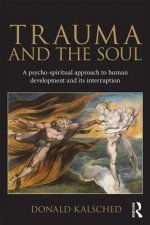
Trauma and the Soul
62.47 € -5 % -

Psychoanalyst Meets Marina Abramovic
17.38 € -9 % -

Civilization and Its Discontents
10.91 € -15 % -

Emotional Intelligence
8.99 € -

Behave
12.43 € -16 % -

Make It Stick
34.46 € -15 % -
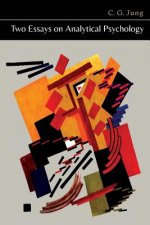
Two Essays on Analytical Psychology
15.56 € -
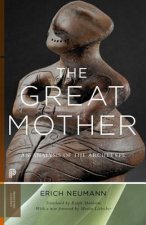
Great Mother
29.21 € -5 % -
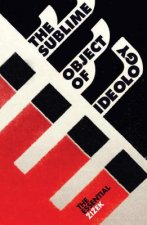
The Sublime Object of Ideology
18.29 € -11 % -
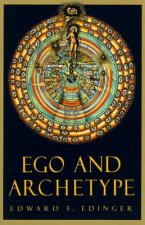
Ego and Archetype
23.14 € -14 % -
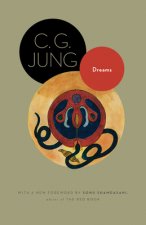
Dreams
14.04 € -26 % -
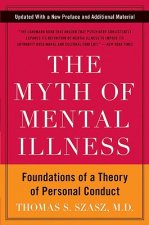
The Myth of Mental Illness
13.33 € -28 % -
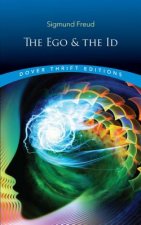
Ego and the Id
3.83 € -17 % -

Choice Factory
16.57 € -21 % -

People Of The Lie
12.22 € -22 % -

A General Introduction to Psychoanalysis
5.45 € -26 % -
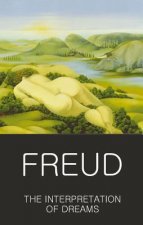
The Interpretation of Dreams
5.04 € -31 % -

Problem of the Puer Aeternus
21.93 € -18 % -

Skin-Ego
54.99 € -

Keys to Solution in Brief Therapy
26.78 € -12 % -

Inner Gold
22.33 € -

Integral Psychology
22.94 € -20 % -

Beyond the Pleasure Principle
4.34 € -18 % -

Situation Is Hopeless But Not Serious
15.66 € -9 % -

Self-Analysis
18.39 € -19 % -

Masculine and Feminine
24.46 € -21 % -

Moonwalking with Einstein
11.21 € -24 % -

Ecrits
32.54 € -8 % -

Why We Buy
16.87 € -16 % -
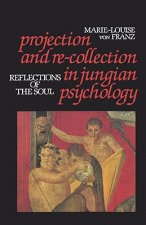
Projection and Re-collection in Jungian Psychology
26.48 € -19 % -
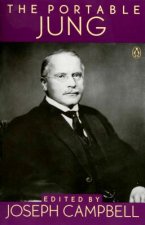
Portable Jung
23.65 € -30 % -
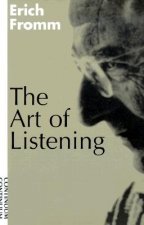
Art of Listening
32.14 € -12 % -

Dark Side of the Inner Child
22.53 € -19 % -

Secret World of Drawings
19.30 € -28 % -

Eternal Drama
21.73 € -16 % -

What Life Should Mean To You
14.04 € -12 % -

Inner Child in Dreams
18.29 € -12 % -

Psychology of Love
15.15 € -18 %
Collection points Bratislava a 2642 dalších
Copyright ©2008-24 najlacnejsie-knihy.sk All rights reservedPrivacyCookies



 15549 collection points
15549 collection points Delivery 2.99 €
Delivery 2.99 € 02/210 210 99 (8-15.30h)
02/210 210 99 (8-15.30h)